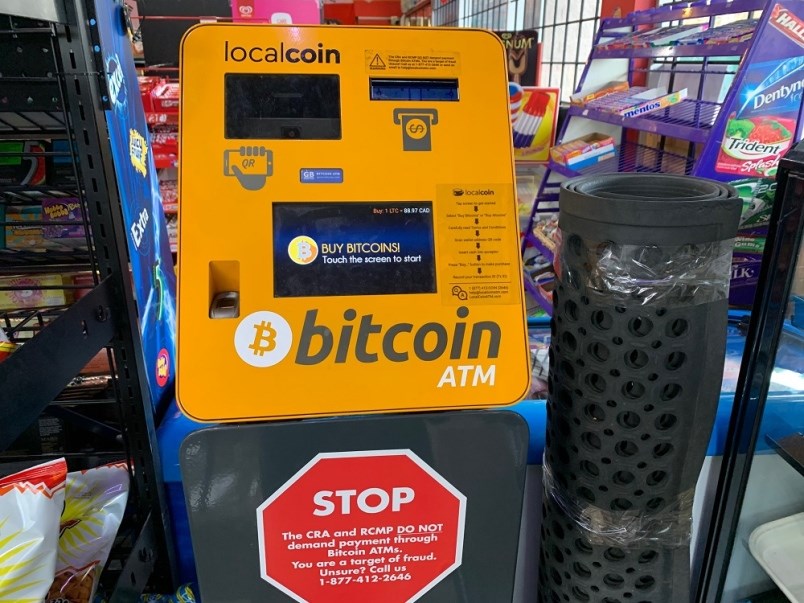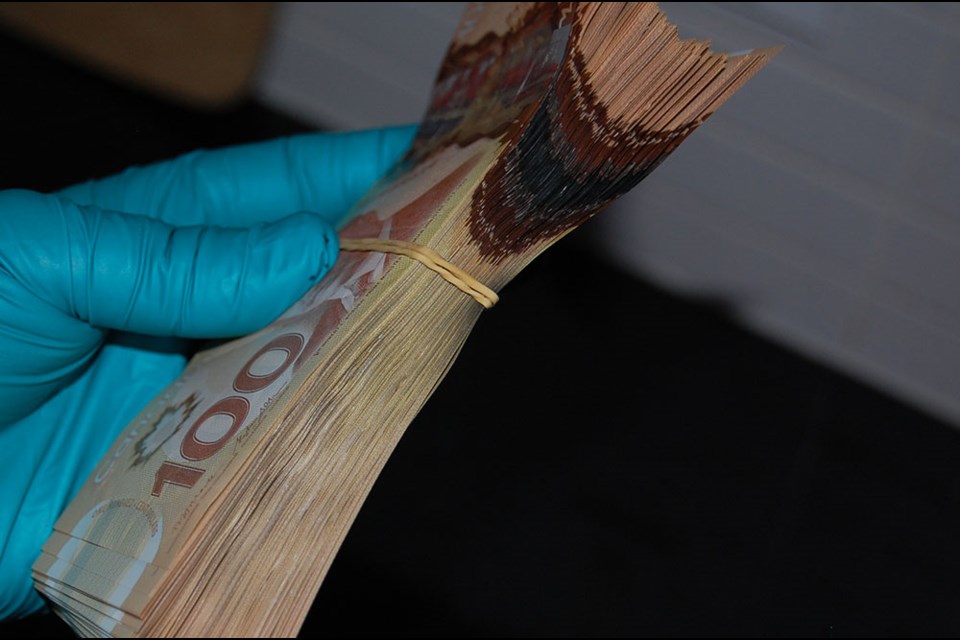Coquitlam RCMP is reminding the public to be vigilant after a Coquitlam resident was bilked out of thousands of dollars on Sunday — the first day of Fraud Prevention Month.
According to police, the victim, a 71-year-old new Canadian, received a phone call from a fraudster claiming to be from the corporate security department of a large Canadian bank. The scammer said the victim's card was compromised and in order to recover the lost money, she was pressured into purchasing more than $16,000 in gift cards at various stores.
The numbers from the gift cards were shared over the phone, which means "the money was essentially gone," police said in a news release.
"For many scams, the best defence is to verify," said Coquitlam RCMP Cpl. Michael McLaughlin. "If it's a legitimate call from the bank or the government, you'll be able to hang up, talk to a trusted friend, then look up the bank's number yourself and call them back."
He added: "This is crucial: banks and government agencies will never, ever request payment in gift cards, Bitcoin or any form of online virtual credit."
Mounties said they hope Fraud Prevention Month will help educate the public and prevent future victims.
The bank security fraud like the one perpetrated against the 71-year-old Coquitlam resident is the most common scam police deal with.

Another common fraud occurs when a wallet or purse is stolen from a car, locker or shopping cart. Police said the thieves can then use the credit cards to make purchases before a victim realizes they've been robbed.
There is also the online job scam, where a person who posted their resume online receives a call from a potential employer asking them to deposit a cheque and give their "new boss" a percentage of the cash. When the cheque bounces, the victim is on the hook for the money, police said.
The last of the top five scams is the "publisher's clearing house" scam, where a person is said to have won a prize but must pay tax on the winnings despite the fact that Canadians do not have to pay tax on lottery winnings and "you cannot win a contest you didn't enter," the RCMP said.
"Scammers are targeting a small, vulnerable percentage of our population with high-pressure tactics," McLaughlin said. "Criminals are counting on our collective silence. Only by educating our community can we help stop these crimes."
For more information about Fraud Prevention Month and some of the scams police see, visit the Canadian Anti-Fraud Centre website. Anyone believes they have lost money to a fraudster should call their local police department. The Coquitlam RCMP non-emergency number is 604-945-1550.



